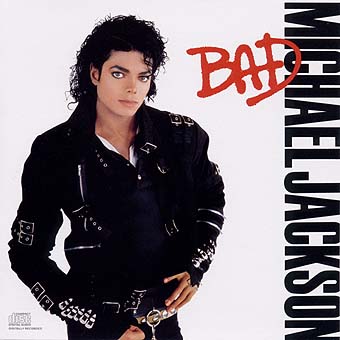So I have this great doctor. He cured my migraines (well, made them a lot better) when no one else could. My mom, who’s suffered similar headaches for decades, swears by him. And he’s a really nice guy. He’s charming, he’s attentive, and a caring, concerned medical professional.
Only thing is, I’m pretty sure he’s also a chauvinist pig.
Once, when I told him a certain drug he prescribed made me feel foggy and unable to think clearly, he said, and I quote, “You’re a woman, what do you need to think clearly for?” He quickly laughed, and I laughed too (uneasily), but inside I was horrified. Other times previous to this shocking comment, he had said vaguely patronizing and condescending things to me, all in a grandfatherly tone, always joking and lighthearted. I’d brushed them off as a generational gap thing–perhaps, I said to myself, gentlemen of his era are simply accustomed to bantering with women in this fashion. Yet, the part of me that is a staunch feminist wanted to cry “Halt!” and address these ‘jests’ directly. I never did. As his patient, I felt I wasn’t in a position to do so.
I haven’t been back to this doctor since the sexist comment, though I’ve spoken with him on the phone about a medical concern. I didn’t bring my dilemma up. I’m just not sure whether it’s a big deal or not. I mean, it’s not even the first time this has happened to me.
Last year I went to another doctor, a surgeon, to fix something on my foot. The guy was such a swaggering braggart my back immediately got up watching the way he treated his nurses. One, young and pretty, was treated with such disrespect that I felt that, in her position, I would be suing for sexual harassment. He treated me with similar braggadocio and made a comment (I can’t recall exactly what anymore) about how I needed to keep my feet pretty for my husband. It seemed, to say the least, absolutely none of his business. Yet I was assured that the doctor was extremely skilled, and I needed the surgery–plus he was the most conveniently located surgeon listed on my insurance plan. So I set aside my personal feelings about the guy and scheduled the surgery. The night before the procedure, his surgical nurse called to make arrangements, and I expressed my concerns. “Um, can you tell me what you think of Dr. __,” I asked. “I’m just getting a weird vibe off him.”
Silence on the phone. Then, “Professionally, you couldn’t have a better surgeon.” Silence again.
“Ah, I said. “May I infer that there are personal conflicts here, but that I’d be safe getting the surgery?”
“Yes,” she replied. “As long as you’re unconscious, he’s fantastic.”
I won’t even go into the time I, as a 14-year-old-girl in the emergency room, covered in blood after a traumatic power-tool accident, encountered a radiology tech who scolded me for ‘playing with men’s tools’ and told me I’d ‘gotten what was to be expected’. (There’s a special place in hell for that guy.) Over the years I’ve encountered sexist lawyers and smarmy bosses too. It’s usually subtle, difficult to prove, and not even all that damaging (thanks to the efforts of our fearless feminist forbearers)… except that it feels so damn wrong.
And I feel so damn helpless.
Should I have stood on principle and changed headache doctors? Stood up to my surgeon and explained what was inappropriate about his behavior–right before he was about to wield a knife over my unconscious and helpless body? These people hold power in their hands, and while I’m lucky to be in a position where I have medical insurance and can seek out other doctors (even if it’s inconvenient and the doctors aren’t as skilled), there are a lot of people who aren’t as fortunate and don’t have as many choices.
What’s the right thing to do when the sexist in your life holds the power of life and death?
I chose to swallow my rage and accept their care. I’m not sure it was the ethical thing to do. And I do think that, should I see my migraine doctor again, I may directly confront the issue. Who knows, maybe I’ll open his eyes a little. Worst that can happen is I’ll have to seek treatment elsewhere.

